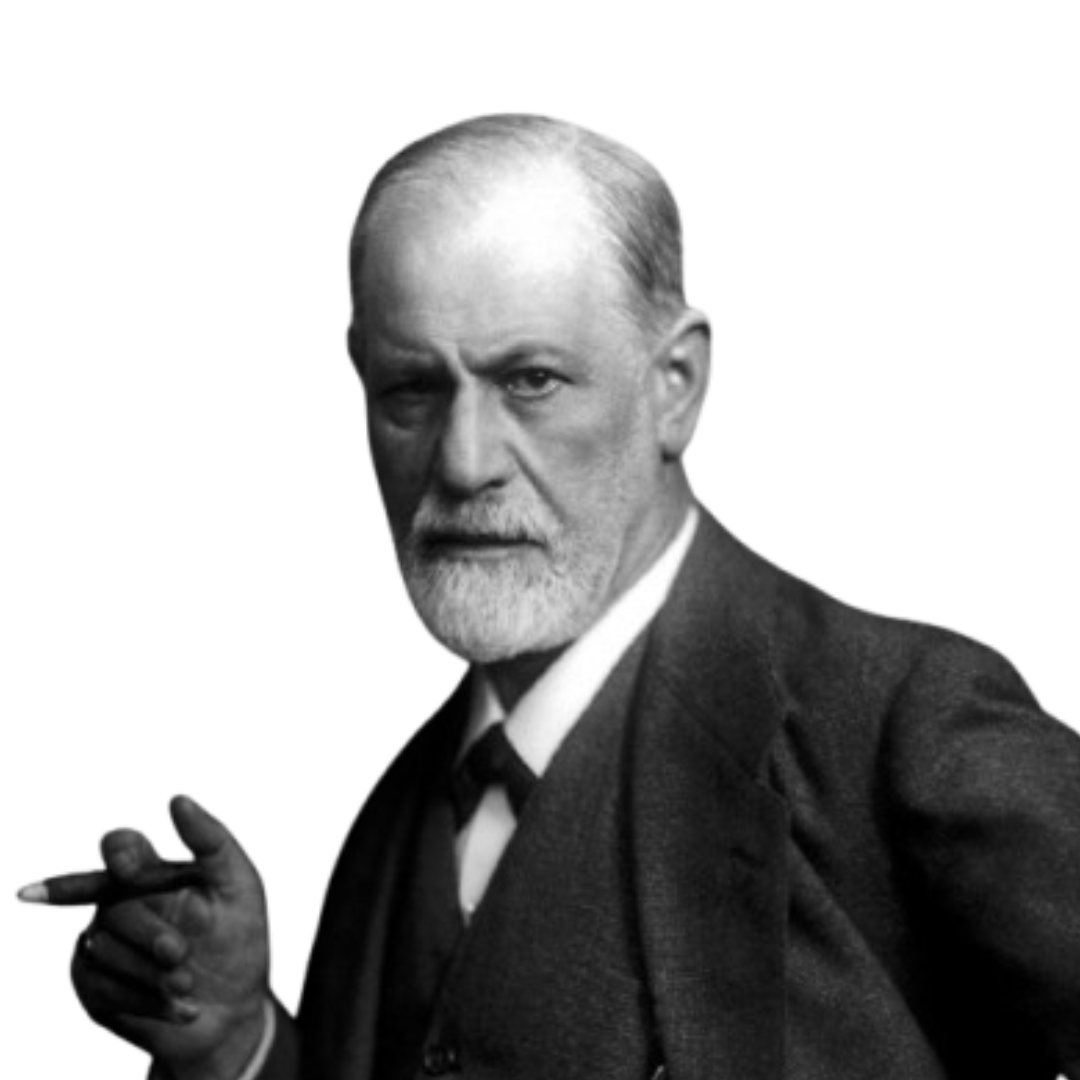infected theory
this essay explores the paradox that those with the most power are often the most overwhelmed by their environment, leading to disjointed behavior. it introduces a model of self-isolation, based on factors like work-life balance, industry culture, and cognitive diversity. using a fisherman and banker parable, it highlights the disconnect between societal values and true fulfillment. the piece also argues that words like "god" and "evil" are universal properties but have been overcoded by dominant ideologies. ultimately, it urges readers to reconsider how external pressures shape their understanding of success and reality.
this essay explores the paradox that those with the most power are often the most overwhelmed by their environment, leading to disjointed behavior. it introduces a model of self-isolation, based on factors like work-life balance, industry culture, and cognitive diversity. using a fisherman and banker parable, it highlights the disconnect between societal values and true fulfillment. the piece also argues that words like "god" and "evil" are universal properties but have been overcoded by dominant ideologies. ultimately, it urges readers to reconsider how external pressures shape their understanding of success and reality.

this essay explores the paradox that those with the most power are often the most overwhelmed by their environment, leading to disjointed behavior. it introduces a model of self-isolation, based on factors like work-life balance, industry culture, and cognitive diversity. using a fisherman and banker parable, it highlights the disconnect between societal values and true fulfillment. the piece also argues that words like "god" and "evil" are universal properties but have been overcoded by dominant ideologies. ultimately, it urges readers to reconsider how external pressures shape their understanding of success and reality.
